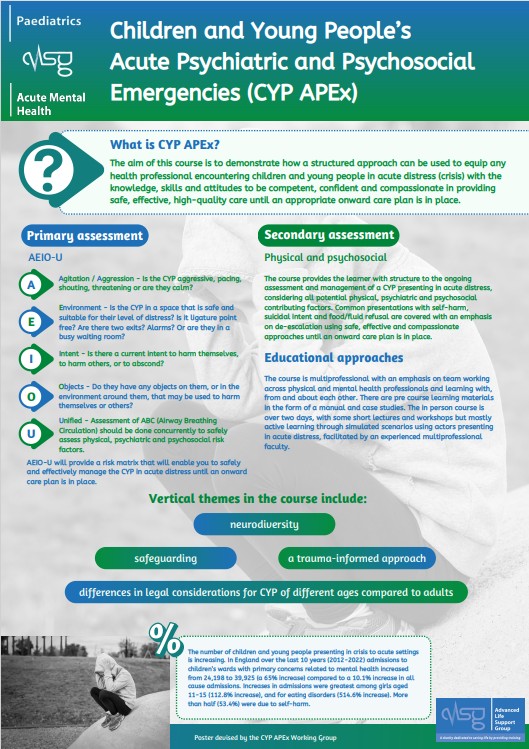

Abschnittsübersicht
-
Click the most applicable for information on running ALSG courses
As an existing course centre, you already know you are offering quality, standardised courses to your candidates. But many centres don't realise how easy it would be to offer a larger range of courses using the existing instructor base. ALSG instructors are already eligible or can easily convert to instruct on other ALSG courses. For example:
- APLS instructors are eligible to instruct on PLS courses
- MOET instructors can convert to POET instructors by completing the POET on line learning
It may therefore be easier than you thought to run other ALSG courses with the instructors in your area.
If you are interested in running other ALSG courses, we have provided a copy of the Programme, Regulations, Equipment list and Order Form for each course below for your information.
ALSG and individual course Working Groups support the establishment of new course centres and there are several models available. The ALSG models provide course centres with:
- Comprehensive internationally recognised, standardised, course packages including all teaching and assessment materials, organisational materials and a web-based on-line course management system
- Access to a network of over 9,500 recognised instructors worldwide
- Access to working groups of nationally and internationally recognised clinical and educational experts
- Membership of a global network of over 250 course centres in 37 countries on 5 continents
- Administrative support and advice via the ALSG Global HQ in Manchester
- A flexible approach to differences in approach in different countries
All ALSG courses have a core model and you can read more about how to run one of our courses here. We have provided a copy of the Programme, Regulations, Equipment list and Order Form for each course below for your information.
ALSG and the individual Working Groups are happy to support countries that wish to start a national training programme to deliver any ALSG course and we have two delivery methods to allow us to achieve this. Each of the two methods carry different responsibilities for ALSG and the course centre; these are detailed in this responsibilities document.
The two delivery methods are as follows:
- Demonstration course
For this method, ALSG will arrange and facilitate a course as requested. Countries will not be able to run future courses unaided by ALSG after a Demonstration course. We would only suggest this approach if you are not certain that the provider course is appropriate or if you do not have an on-going training need or if you need a GIC after running your own provider courses for some time.
- Provider course self-sufficiency leading to GIC self-sufficiency
This is the method that we have found to be most successful in establishing courses overseas. It involves a group of experienced instructors from the UK travelling to your centre overseas, to run a provider course for anticipated instructors followed by a GIC course for those same candidates, followed by two provider courses in which they will teach as an instructor candidate.
For further information on the above delivery methods, please click here to download the full document
-

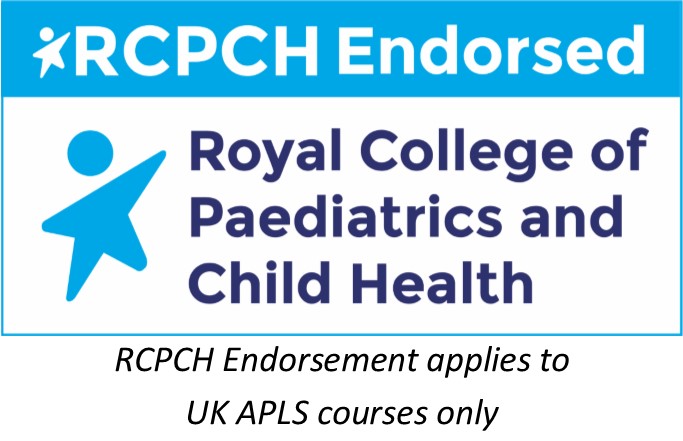
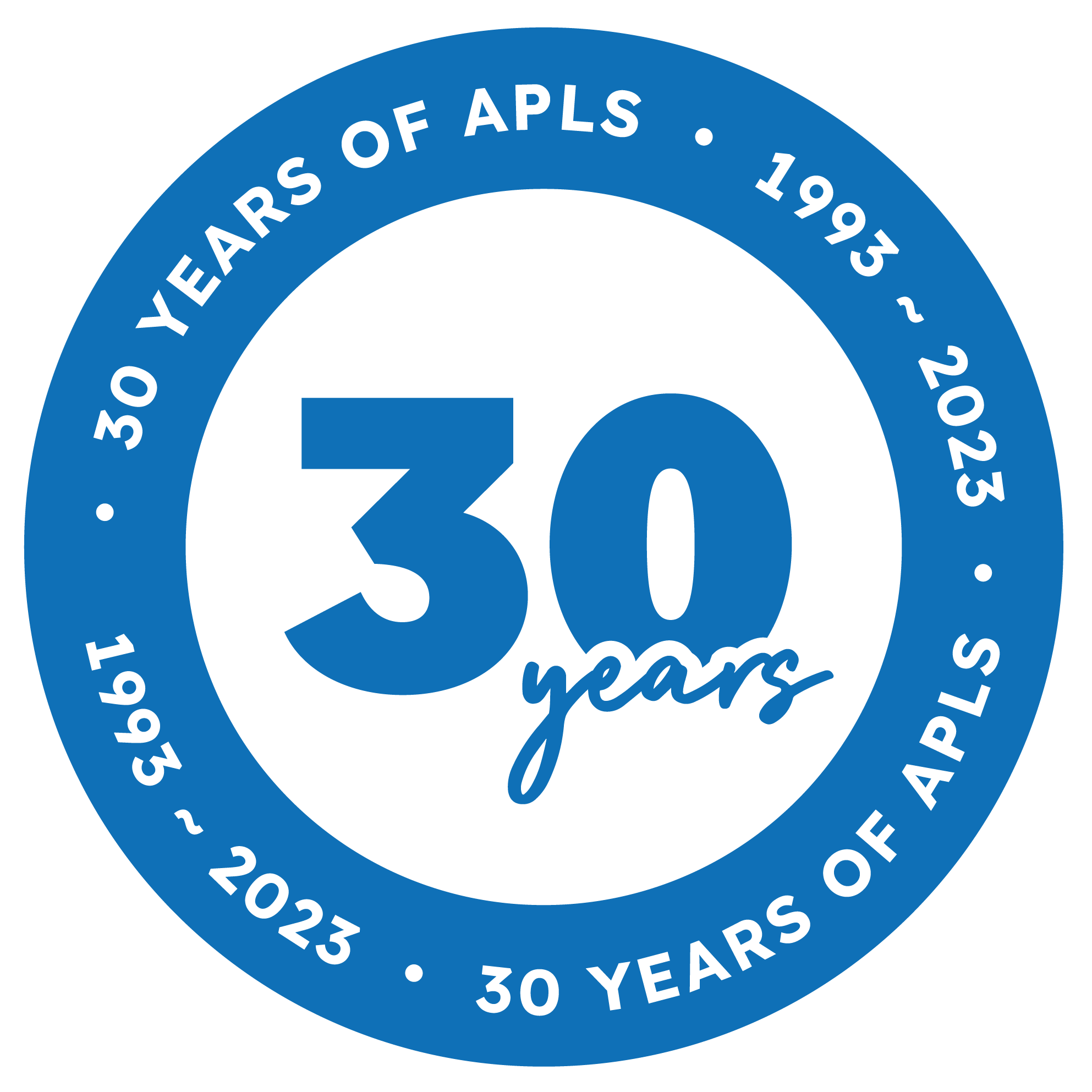
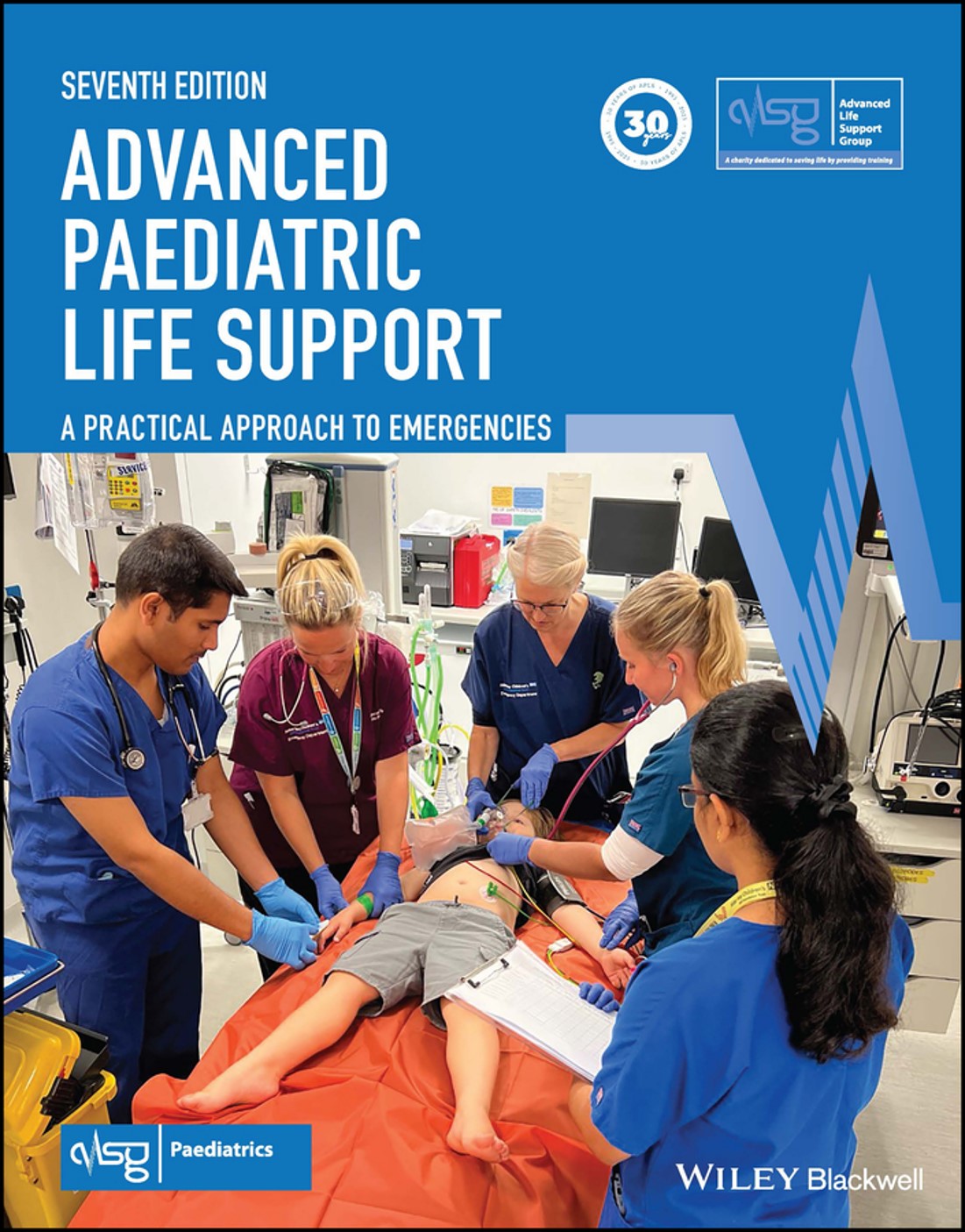
The APLS course provides the knowledge and skills necessary for recognition and effective treatment and stabilisation of children with life threatening emergencies, using a structured, sequential approach. The course is taught, and it's principles, are practised throughout the world, with over 83,000 candidates who have completed the course since its inception in 1993.
The APLS 7e course is delivered in the UK as a 2-day face-to-face course, plus an additional one day flexible online component (VLE).
Candidates who attend the course include Consultants, Advanced Nurse Practitioners and Resuscitation Training Officers from Accident & Emergency, Anaesthetic and Paediatric departments.
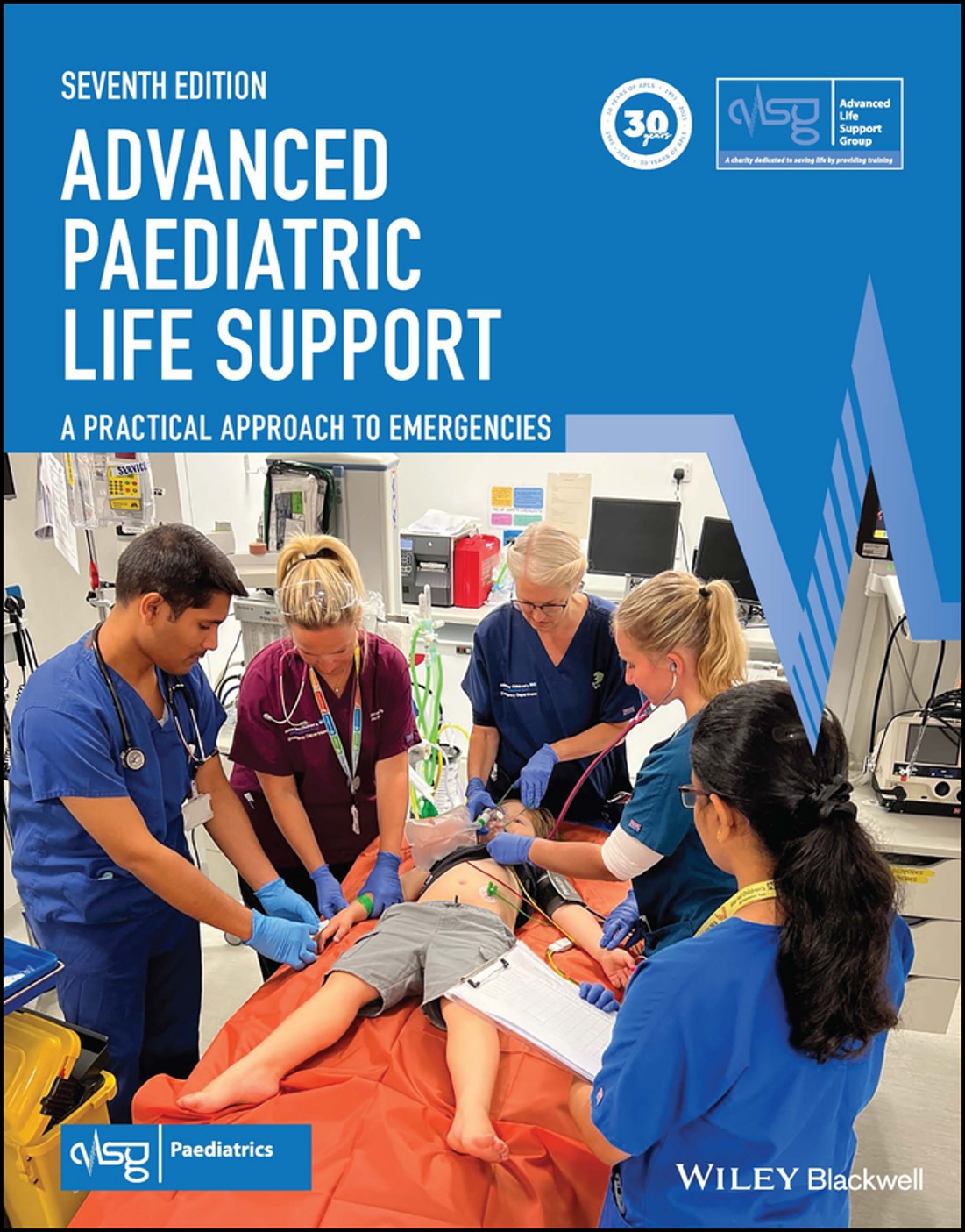
The 1-day recertification course has been designed for those candidates who have already undertaken the APLS course and after 4 years wish to recertify.
PLS exists to teach the practical procedures necessary for the initial effective management of childhood emergencies. The 1-day PLS course is generally run on an in-hospital basis. The course comprises of lectures, skills stations, workshops and resuscitation simulations.
Candidates who attend this course include Doctors, Nurses, RTOs and all professions allied to medicine (PAMS).
The aim of CYP APEx is to demonstrate how a structured approach can be used to equip any health professional encountering children and young people in acute distress (crisis) with the knowledge, skills and attitudes to be competent, confident and compassionate in providing safe, effective, high-quality care until an appropriate onward care plan is in place.
The course is multiprofessional with an emphasis on team working across physical and mental health professionals and learning with, from and about each other. There are pre course learning materials in the form of a manual and case studies. The in person course is over two days, with some short lectures and workshops but mostly active learning through simulated scenarios using actors presenting in acute distress, facilitated by an experienced multiprofessional faculty.
Full details on the course package, including attending as a candidate and how to set up as a centre, will be available soon.
-

MIMMS exists to teach the nature and management of the major incident and how to deliver the medical support needed. The new fourth edition will run in the 2-day face-to-face format only which includes a pre-course learning (VLE) element.
Candidates who have taken the course include Paramedics and Officer/Team Leader.
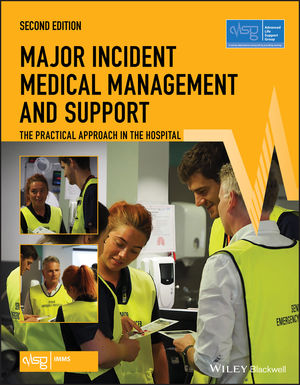 HMIMMS exists to give hospital staff the knowledge to plan and train for major incidents. The HMIMMS 2-day course comprises of online pre-course modular education (six topics), lectures, workshops and table top exercises.
HMIMMS exists to give hospital staff the knowledge to plan and train for major incidents. The HMIMMS 2-day course comprises of online pre-course modular education (six topics), lectures, workshops and table top exercises.Candidates who have taken the course include Consultants, Emergency Planning Officers and Medical Officers.
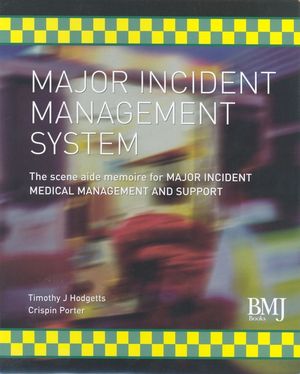 Team Provider MIMMS exists to teach the nature and management of the major incident and how to deliver the medical support needed. The 1-day Team Provider course is aimed at staff who will form part of the major incident team from their hospital. The course is taught through lectures, skills and workshops.
Team Provider MIMMS exists to teach the nature and management of the major incident and how to deliver the medical support needed. The 1-day Team Provider course is aimed at staff who will form part of the major incident team from their hospital. The course is taught through lectures, skills and workshops.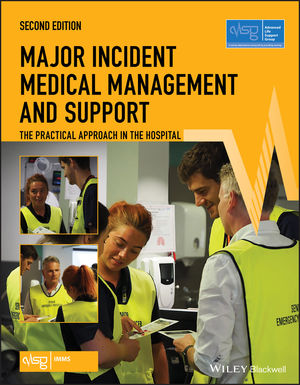 Team Provider HMIMMS exists to give hospital staff the knowledge to plan and train for major incidents. The 1 day Team Provider course is aimed at staff members who will be involved in the major incident team within the hospital. The course is designed to take into account the hospital plan in use at the candidates hospital and is therefore mainly hospital based.
Team Provider HMIMMS exists to give hospital staff the knowledge to plan and train for major incidents. The 1 day Team Provider course is aimed at staff members who will be involved in the major incident team within the hospital. The course is designed to take into account the hospital plan in use at the candidates hospital and is therefore mainly hospital based.The Team Provider HMIMMS course includes lectures, workshops and table top exercises.
-

The course is designed for senior clinicians from multi-disciplinary specialties (obstetricians, anaesthetists, specialist high risk/HDU midwives, physicians, accident and emergency doctors and trauma specialists) managing the care of pregnant women with medical emergencies and/or trauma. mMOET provides a high-level structured approach to managing these patients and includes 24 training scenarios providing exposure to and practice in a wide variety of obstetric medical and trauma emergencies.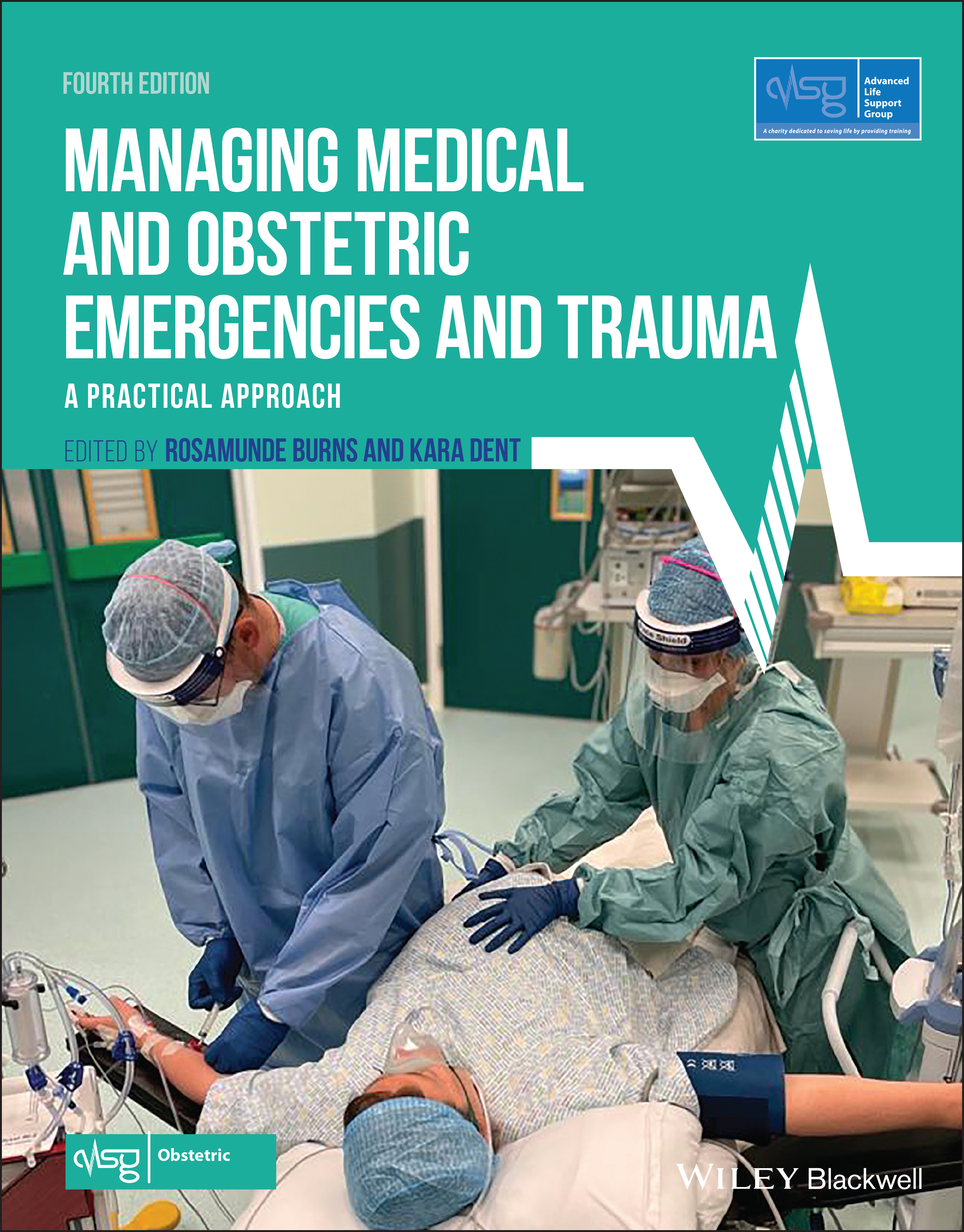 Candidates attending the internationally recognised mMOET course benefit from team-based teaching as mMOET is built on the multi-disciplinary nature of managing obstetric and medical emergencies and trauma. mMOET highlights the leadership skills required to manage these patients and the Human Factors necessary to respond appropriately.
Candidates attending the internationally recognised mMOET course benefit from team-based teaching as mMOET is built on the multi-disciplinary nature of managing obstetric and medical emergencies and trauma. mMOET highlights the leadership skills required to manage these patients and the Human Factors necessary to respond appropriately.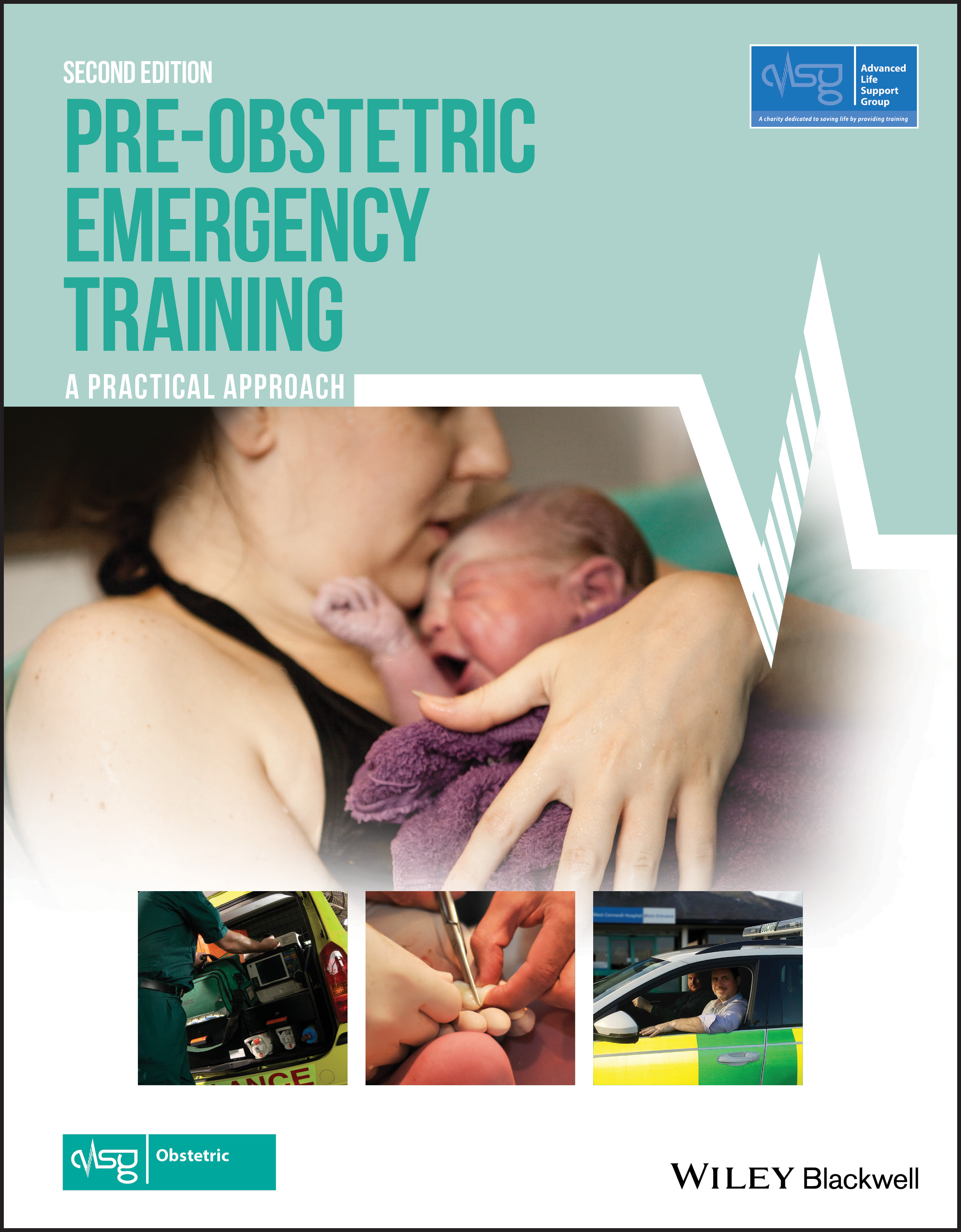 POET aims to teach the practical procedures necessary to save the mother and fetus in life threatening circumstances before admission to hospital. The POET course comprises of a flexible on-line learning component (VLE) and a 2-day face-to-face course.
POET aims to teach the practical procedures necessary to save the mother and fetus in life threatening circumstances before admission to hospital. The POET course comprises of a flexible on-line learning component (VLE) and a 2-day face-to-face course.Candidates who have taken the course include Paramedics, Community Nurses and GPs.
-



CPRR exists to teach people to recognise the indicators of possible abuse or neglect. CPRR comprises of a flexible on-line component (VLE) and a 1-day face-to-face course. The course has been developed for doctors in training mainly in paediatrics and accident & emergency, although doctors in training working in general practice and other specialty areas may find aspects of the course relevant.
Candidates who have taken this course include GPs and specialty trainees and specialists in paediatric dentistry.
Programme Equipment list Regulations Price list APPLY HERE -

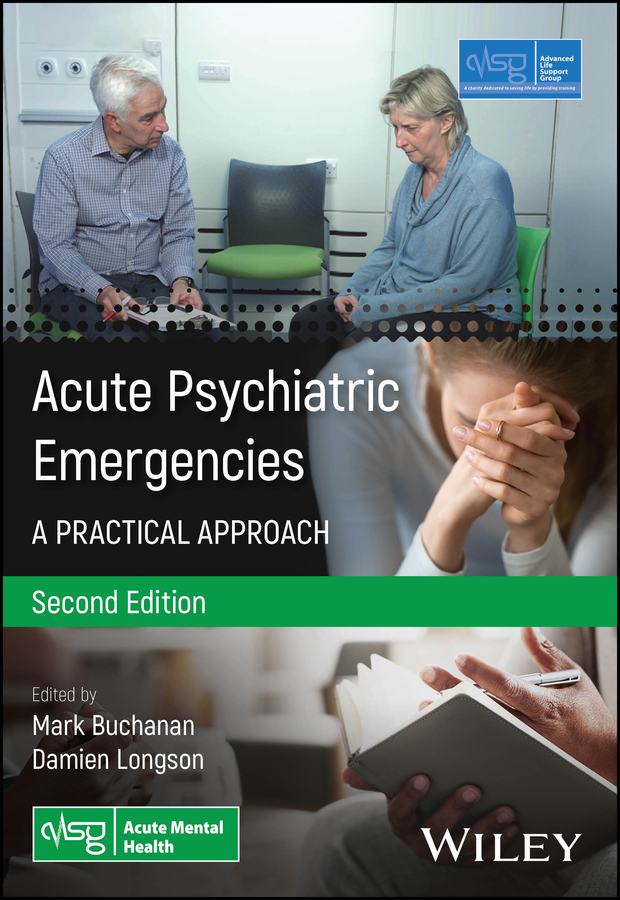
Acute Psychiatric Emergencies (APEx) focuses on the emergency care of patients presenting with acute psychiatric crisis. The course is designed to deliver the necessary knowledge and skills to trainees in both emergency medicine and psychiatry as well as to nursing and other allied health professionals that are involved in their care. It will allow a shared understanding of the problem and also foster a common language between professionals that expedites excellent care.
The 3-day APEx course comprises of a flexible 1-day on-line component (VLE) and a 2-day face-to-face course.
Candidates who have taken this course are Psychiatric Liaison Nurses, Emergency Nurse Practitioners, Consultant Paramedics.
The aim of CYP APEx is to demonstrate how a structured approach can be used to equip any health professional encountering children and young people in acute distress (crisis) with the knowledge, skills and attitudes to be competent, confident and compassionate in providing safe, effective, high-quality care until an appropriate onward care plan is in place.
The course is multiprofessional with an emphasis on team working across physical and mental health professionals and learning with, from and about each other. There are pre course learning materials in the form of a manual and case studies. The in person course is over two days, with some short lectures and workshops but mostly active learning through simulated scenarios using actors presenting in acute distress, facilitated by an experienced multiprofessional faculty.
(click image to expand)
Full details on the course package and how to set up as a centre, will be available soon.
If you are interested in setting up as a CYP APEx course centre please email: Enquiries -

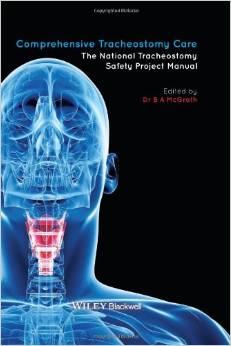
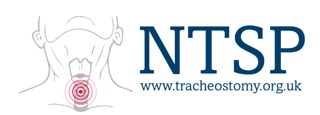
We have been working with the NTSP to deliver tracheostomy training to all multidisciplinary staff who might encounter patients with tracheostomies and laryngectomies.
We are currently focusing on providing training and resources to equip staff to teach tracheostomy safety courses in their own institutions. Our ‘Train the Trainer’ Courses demonstrate the content and resources of our provider course alongside specific educational strategies to help candidates deliver effective teaching at their own institutions. Expert medical educators work alongside experienced ALSG instructors to demonstrate skills and techniques used in ALSG Generic Instructor Courses, adapted to delivering tracheostomy course content. Candidates will be exposed to guided practice of small and large group facilitation of discussions and presentations, low fidelity emergency scenario simulation and performance of specific tracheostomy-related skills. There is some pre-course reading and e-learning and we ask candidates to prepare material to practice delivering in the day, with feedback.
Our aim is to ensure that tracheostomy education is provided to a high standard by training and facilitating effective teaching, wherever it is needed.
If you are interested in running Emergency Tracheostomy in your centre, please email enquiries@alsg.org.
Programme -

Candidates who have taken the course are Paediatric Registrars, Transport Nurses, Anaesthetists.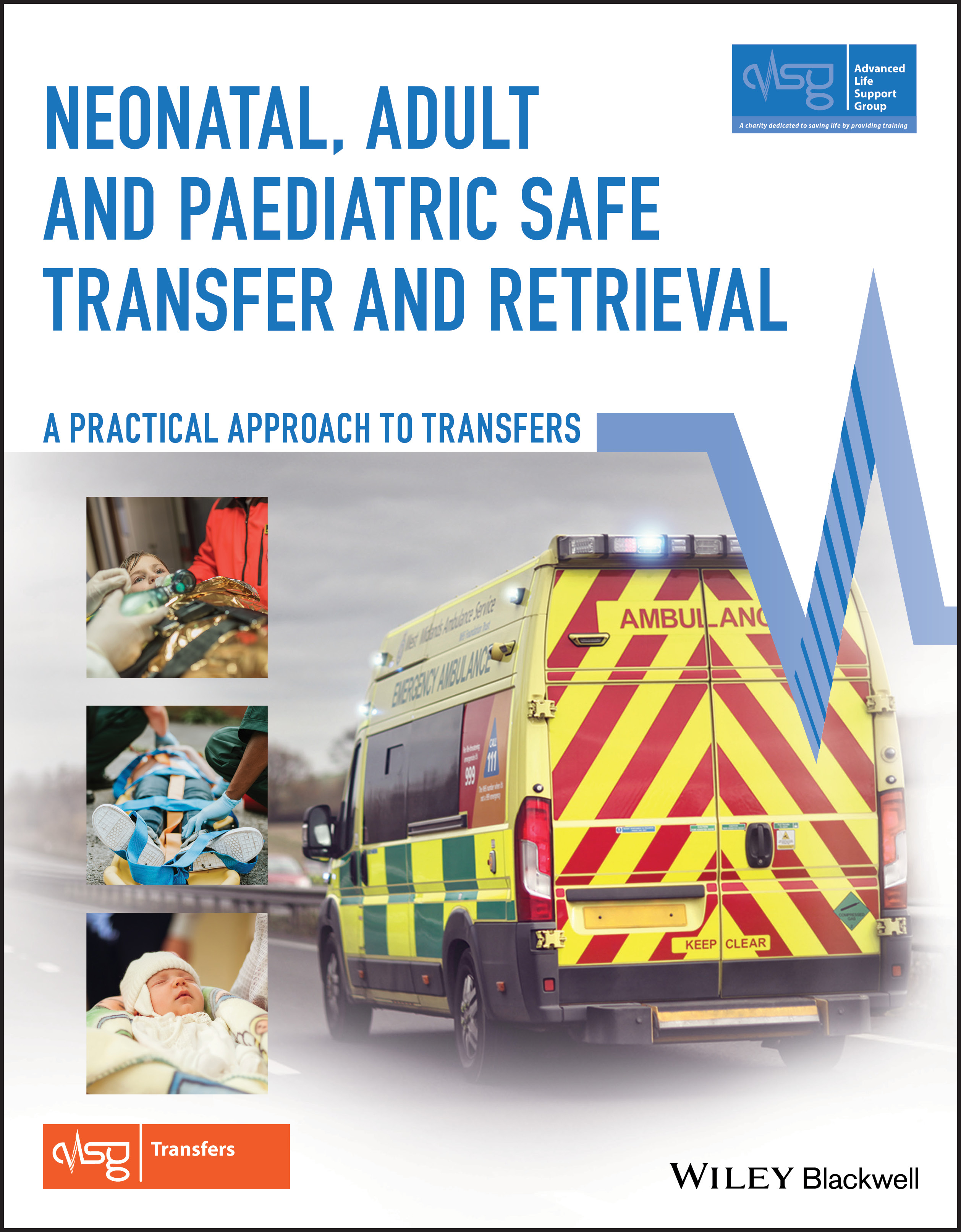 As many clinicians are involved in the transfer of different patient groups, we have merged our existing STaR and PaNSTaR courses into an all-encompassing transfer course entitled NAPSTaR, thus providing a structured approach for neonatal, adult and paediatric transfers. The 2-day course includes lectures, skill stations and simulations.
As many clinicians are involved in the transfer of different patient groups, we have merged our existing STaR and PaNSTaR courses into an all-encompassing transfer course entitled NAPSTaR, thus providing a structured approach for neonatal, adult and paediatric transfers. The 2-day course includes lectures, skill stations and simulations. -
 The Facilitation course provides the knowledge, skills and behaviours required by instructors on the Child Protection Recognition and Response (CPRR) course and the SAFE care closer to home programme.
The Facilitation course provides the knowledge, skills and behaviours required by instructors on the Child Protection Recognition and Response (CPRR) course and the SAFE care closer to home programme.The course focuses specifically on the educational modalities found on these specific provider courses with opportunities for shared learning with all colleagues and more focussed sessions for a particular course.
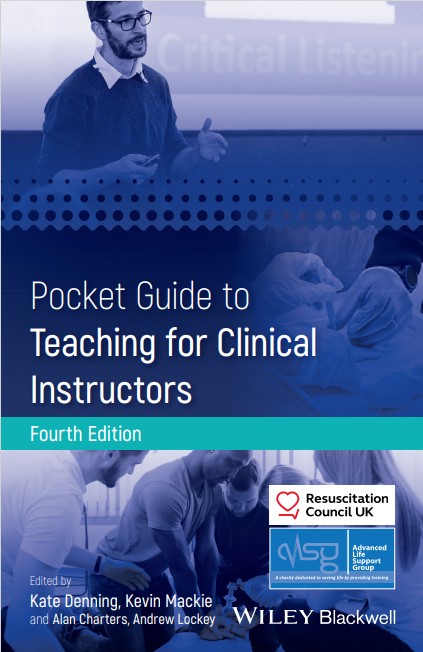
The GIC provides opportunities to learn about and practise facilitation skills. The course includes keynote sessions, demonstrations, practice sessions, debriefs and discussions. The following modalities are covered:
- Lecturing
- Teaching and assessing skills
- Debriefing
- Running workshops
- Teaching and assessing simulations
The course includes key note sessions, demonstrations and practice sessions in all of the five modalities listed above, required for life support training.








